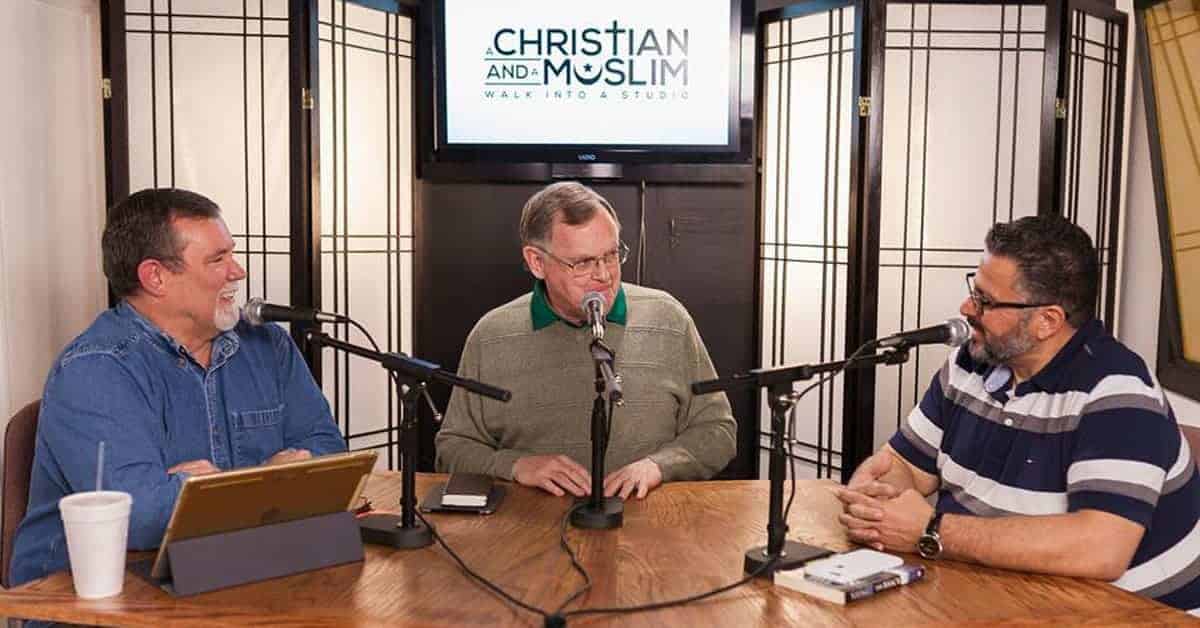Sara and I recently started reading a new book together. It isn’t easy for us to find books that we both enjoy. We’re incredibly picky because we want something that’s fresh and new to our journey, but also has depth and challenges the way we already think. But a friend of mine recently sent me a copy of a book he edited that was originally written in 1946 by a missionary in India, E. Stanley Jones. It caught my attention because I had run across the name of this author in conversations with some of my older brothers on this journey. It seems Jones was a real encouragement to many of them.
So, Sara and I started reading The Way written by E. Stanley Jones, a missionary back in India during the middle part of the last century. It is a devotional, so it is broken into smaller, daily readings, but Sara and I have been covering two each day and then reflecting for a few moments on what he’s written. In this book he is contrasting the way that Jesus taught us to live with what is not-the-way, that lures us into sin and frustration. We are enjoying it and gleaning some wonderful insights, all the more because it’s written by someone who lived many years before us.
So I’m going to share some occasional excerpts in future blogs because I think you’ll find them helpful, too, and because I find a lot of his insights so fresh and compelling. Like this one about freedom:
Apparently we are free to choose, but we are not free to choose the results of our choosing.
Let that sink in. What a great statement on freedom! Though God has given us the freedom to make choices, he has not given us the ability to control the consequences of those choices. That’s what many people miss. In the name of freedom in Christ they are still making choices that cause incredible destruction in them and disruption in people around them. Though God designed the creation so we can do pretty much anything we want, we cannot escape the consequences of those choices. Our own independence and selfishness came not only come back to haunt us in ways we’d never imagine, but also can do great damage to the people around us even if that’s not what we intended. True freedom isn’t doing whatever we want; it’s the freedom to choose his way above the moral chaos of this broken world.
To do that we have to abandon the mistaken idea that righteousness is the onerous burden God has placed on us to keep an offended deity at bay. His desire for us to be holy is not to obligate us to do things the way he wants, but to invite us live in harmony with God’s reality in the universe. That’s why Jesus told his disciples that he wanted “his joy to be in them so that they joy might be full.”
Jones continues:
(Jesus) is not imposing on us a foreign joy, trying to make us happy about something we dislike. He is giving a joy which, when we take it, is our very own… We must get hold of this until it becomes an axiom: My will and God’s will are not adversaries. The idea that God’s will always lies along the lines of the disagreeable is false. The will of God is always our highest interest. It could not be otherwise and God be God. I am fulfilled when I make Him my center. I am frustrated when I make myself the center.
That’s not because God has an ego so large that he has to be the center of everything. It’s just our growing awareness that he actually is the center of everything and true life is found in our coming to love, trust and rest in him.
And we even need his help to do that, because we are so easily swayed to do what we think best. Only when his love working in us is more real to us than what we think we can do by our own efforts, can we taste of the freedom that really is freedom!






